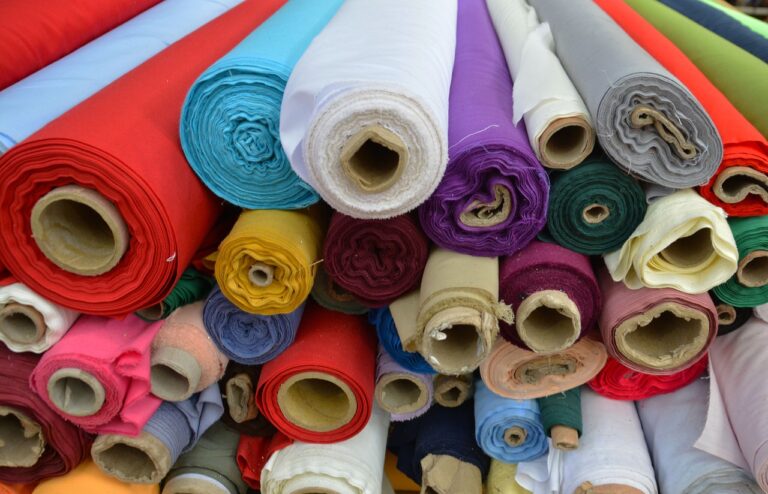Fabric Trends in Sustainable Hiking Apparel: Earth-Friendly Gear for Adventurers: 99 exchange bet, Laser247 register, Yolo247
99 exchange bet, laser247 register, yolo247: Sustainable hiking apparel is becoming increasingly popular as more outdoor enthusiasts seek gear that not only performs well but also minimizes their environmental impact. As a result, fabric trends in sustainable hiking apparel are constantly evolving to offer earth-friendly options for adventurers.
Organic Cotton:
One of the most popular fabric trends in sustainable hiking apparel is organic cotton. Organic cotton is grown without the use of harmful pesticides and synthetic fertilizers, making it a more environmentally friendly option compared to conventional cotton. Hiking apparel made from organic cotton is not only comfortable and breathable but also helps support sustainable farming practices.
Recycled Polyester:
Recycled polyester is another fabric trend in sustainable hiking apparel that is gaining popularity. Recycled polyester is made from post-consumer plastic bottles, diverting waste from landfills and reducing the demand for virgin polyester production. Hiking apparel made from recycled polyester is durable, moisture-wicking, and quick-drying, making it an excellent choice for outdoor activities.
Hemp:
Hemp is a versatile and sustainable fabric that is making a comeback in the world of hiking apparel. Hemp is a fast-growing and low-impact crop that requires minimal water and pesticides to thrive. Hiking apparel made from hemp is durable, breathable, and naturally antimicrobial, making it a great choice for extended outdoor adventures.
Tencel/Lyocell:
Tencel, also known as Lyocell, is a sustainable fabric made from wood pulp, typically sourced from eucalyptus trees. Tencel is produced in a closed-loop process that recycles water and solvents, making it a more eco-friendly alternative to traditional rayon fabrics. Hiking apparel made from Tencel is soft, moisture-wicking, and biodegradable, making it a popular choice for environmentally conscious adventurers.
Merino Wool:
Merino wool is a natural and sustainable fabric that is well-suited for hiking apparel. Merino wool is naturally moisture-wicking, odor-resistant, and temperature-regulating, making it an ideal choice for a wide range of outdoor activities. Hiking apparel made from ethically sourced Merino wool is not only environmentally friendly but also comfortable and long-lasting.
Bamboo:
Bamboo is a fast-growing and renewable resource that is increasingly being used in sustainable hiking apparel. Bamboo fabric is soft, breathable, and moisture-wicking, making it a comfortable choice for outdoor adventures. Hiking apparel made from bamboo is also naturally antibacterial and hypoallergenic, making it suitable for sensitive skin.
In conclusion, fabric trends in sustainable hiking apparel are constantly evolving to offer earth-friendly options for adventurers. By choosing hiking apparel made from organic cotton, recycled polyester, hemp, Tencel/Lyocell, Merino wool, or bamboo, outdoor enthusiasts can enjoy high-performance gear that minimizes their environmental impact. Embrace these fabric trends in sustainable hiking apparel and explore the great outdoors with confidence and style!
FAQs:
Q: Are sustainable hiking apparel fabrics as durable as traditional fabrics?
A: Yes, sustainable hiking apparel fabrics are designed to be durable and long-lasting, ensuring that they can withstand the rigors of outdoor activities just like traditional fabrics.
Q: Can I wash sustainable hiking apparel as I would traditional apparel?
A: Yes, most sustainable hiking apparel can be washed in the same way as traditional apparel. Be sure to follow the care instructions on the garment to ensure longevity.
Q: Where can I find sustainable hiking apparel made from these fabric trends?
A: Many outdoor brands now offer sustainable hiking apparel made from organic cotton, recycled polyester, hemp, Tencel/Lyocell, Merino wool, bamboo, and other eco-friendly fabrics. Look for brands that prioritize sustainability in their manufacturing processes.







